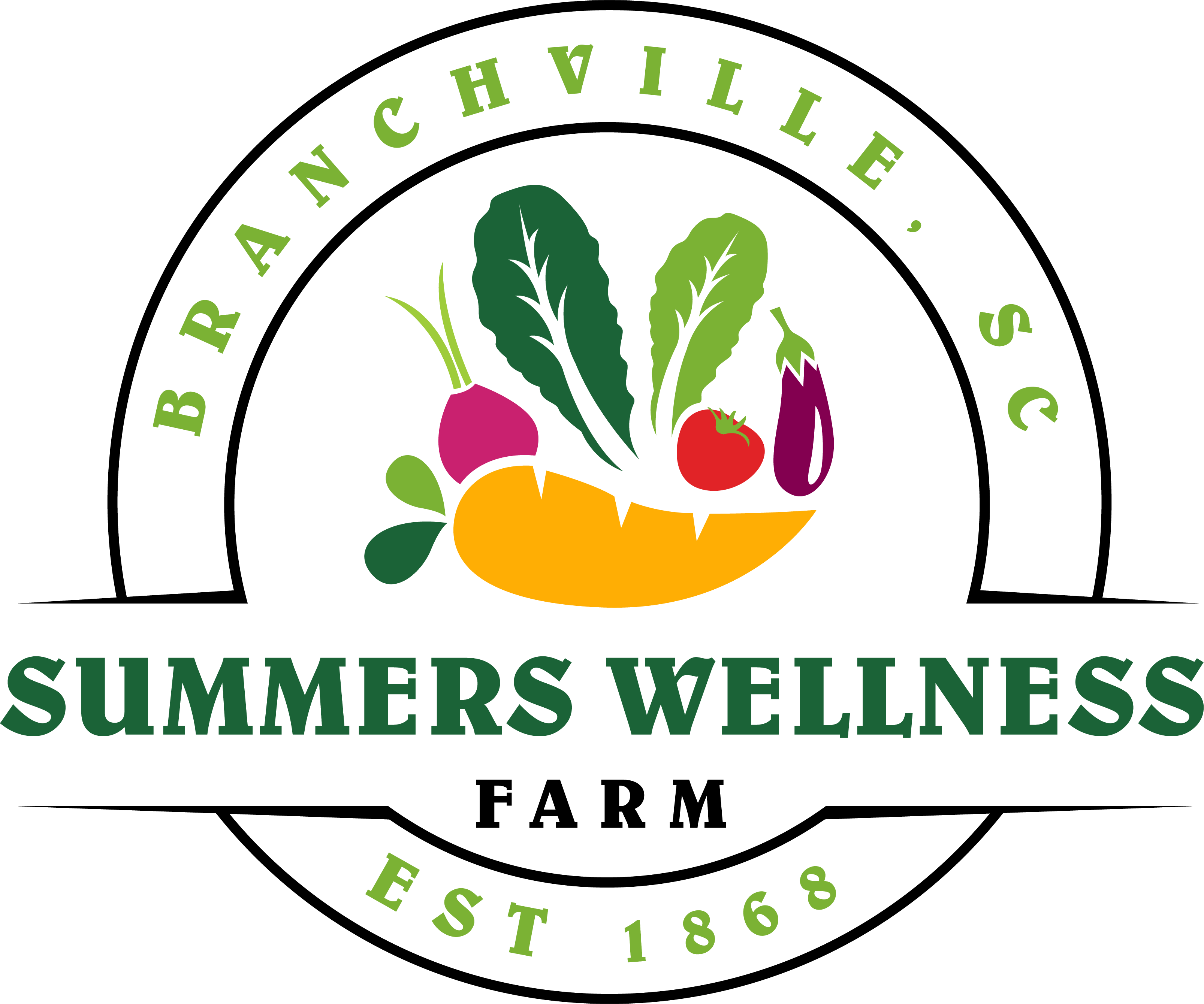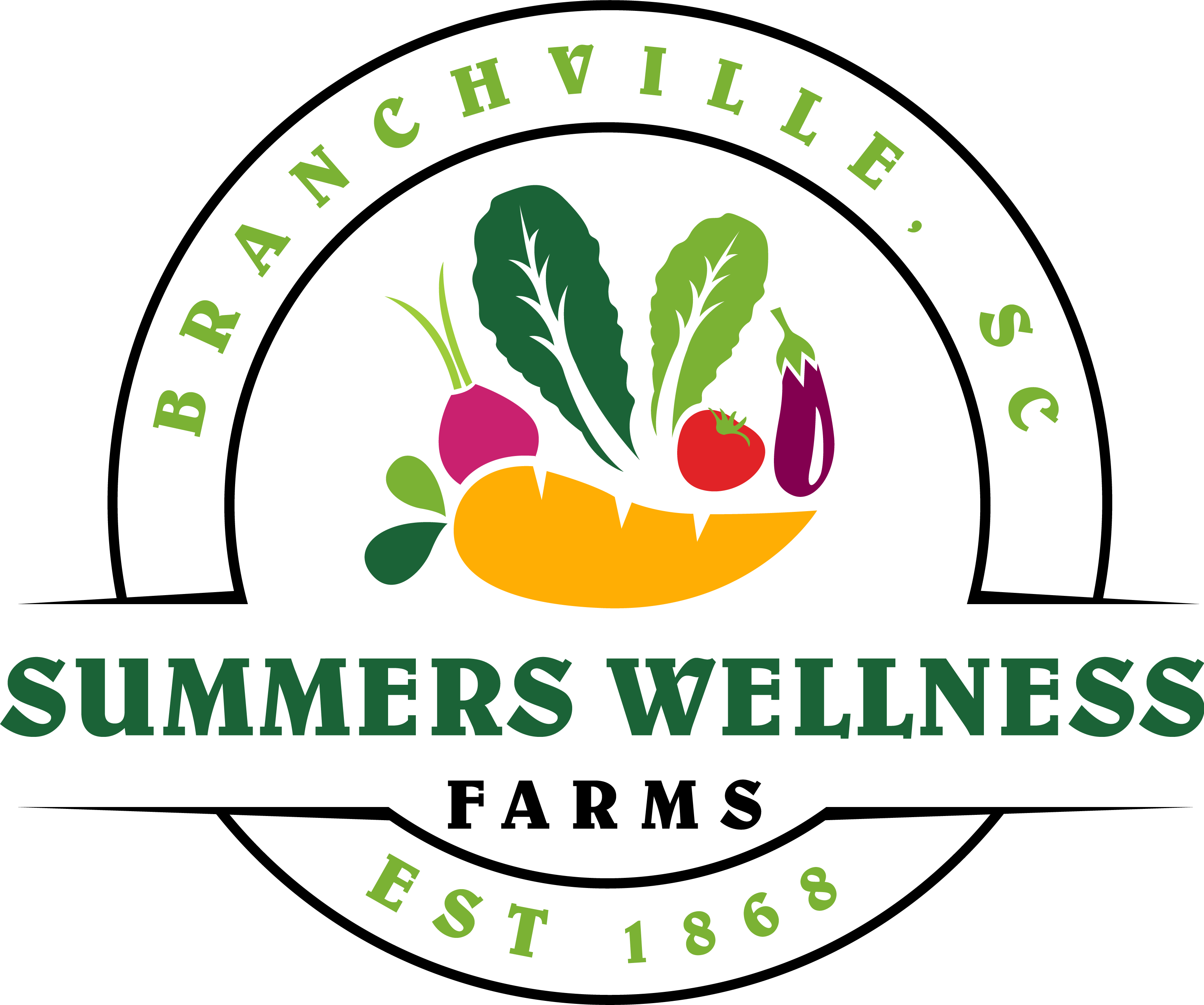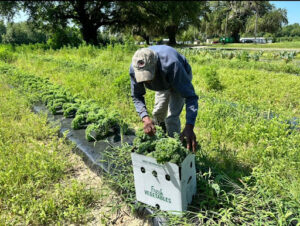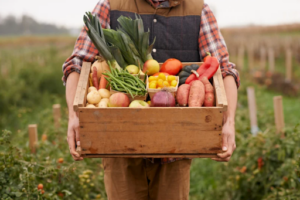Home » Do Hydroponic Vegetables Taste Different?
Do Hydroponic Vegetables Taste Different?
When it comes to fresh produce, taste is one of the most important factors influencing a consumer’s buying decision. As alternative growing methods like hydroponics rise in popularity, many wonder if vegetables grown in water-based systems can truly match the flavor of those grown in traditional soil.
Hydroponic vegetables are becoming more popular for their sustainability and efficiency, but what about their flavor? Do they taste different than conventionally grown vegetables? Taste the future of farming with our hydroponic vegetables – order from Summers Wellness Farm now!
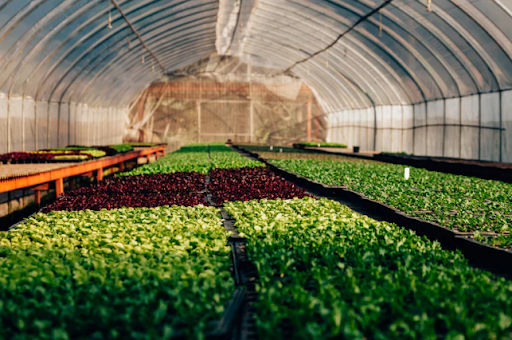
Hydroponic Vegetables Explained: How Water-Based Farming is Changing the Game
Hydroponics is a method of growing plants without soil. Instead of relying on traditional dirt-based cultivation, hydroponic systems use a water-based solution containing essential nutrients to nourish the plants. The plants are grown in a controlled environment, often indoors, where temperature, light, and humidity can be optimized. The result is vegetables that are typically faster to grow, use less water, and require fewer pesticides than their soil-grown counterparts.
Hydroponic systems grow various crops, but they especially suit leafy greens, herbs, and vegetables like tomatoes, peppers, cucumbers, and even strawberries. These crops thrive in hydroponic conditions, producing high yields of fresh produce throughout the year. But what about the taste? Is there a noticeable difference?
The Flavor Factor: What Influences the Taste of Hydroponic Veggies?
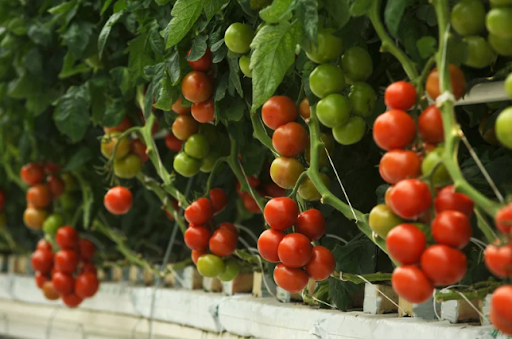
Several factors affect the taste of hydroponic vegetables, some unique to the growing method, while others are shared with traditional farming. Here are the main elements that play a role:
Nutrient Levels
Hydroponic systems precisely formulate the nutrient solution to provide plants with everything they need to grow. This includes essential macro and micronutrients like nitrogen, potassium, phosphorus, magnesium, calcium, and trace minerals. Because the nutrients are carefully controlled, the plants can grow efficiently, absorbing the right balance of nutrients at the right time.
In theory, this level of control over the plant’s diet could lead to more flavorful vegetables than those grown in soil, where nutrient availability can be more variable. For example, lettuce grown hydroponically may have a crisper, more consistent texture, while tomatoes may have a sweeter, richer flavor due to optimized nutrient absorption.
Water Quality
Water is a critical component in hydroponic farming, and it plays an essential role in the taste of the produce. Unlike soil-grown vegetables, which may absorb minerals and contaminants from the ground, hydroponic plants receive purified, nutrient-rich water that helps them grow without the risks of soilborne pathogens or pollutants. The purity of the water can result in cleaner, fresher-tasting vegetables.
Hydroponic systems often use filtration and pH monitoring to ensure the water stays clean and balanced, further enhancing the flavor of the vegetables. This control over water quality can result in fresh vegetables that taste fresher and have a more vibrant flavor profile than those grown in soil, where water quality can fluctuate.
Environmental Control
One of the biggest advantages of hydroponic farming is the ability to control the growing environment. Factors like temperature, light, and humidity can be adjusted to optimize plant health and growth, ensuring vegetables reach their peak flavor. For instance, crops like basil and tomatoes thrive in specific temperature ranges, and hydroponic systems can maintain these optimal conditions, producing consistently high-quality and flavorful produce.
This controlled environment also allows for year-round growing, so consumers can enjoy fresh, flavorful vegetables even in off-seasons when soil-grown produce might be less abundant or flavor-compromised due to weather conditions. Taste the difference of optimal growing conditions – order now and discover our hydroponic produce at Summers Wellness Farm!
Variety of Crops
The types of vegetables that thrive in hydroponic systems, such as lettuce, spinach, herbs, and tomatoes, tend to have higher water content. These vegetables are more likely to maintain or improve their flavor in hydroponic conditions because they can grow quickly, efficiently, and with minimal stress. This can lead to crisper, juicier, and more flavorful produce. Root vegetables like carrots and potatoes are less commonly grown hydroponically, as they typically need more space and different growing conditions.
Plant Stress and Flavor Development
In traditional soil farming, some level of stress—such as variations in water availability or exposure to pests—can lead to more complex flavors in vegetables. Hydroponic systems, due to their controlled nature, often eliminate many of these stressors, resulting in vegetables that may have a more uniform flavor. While some argue that the lack of stress might limit the complexity of flavor, others contend that the ability to provide optimal growing conditions enhances the natural sweetness and freshness of the produce. Wondering if hydroponic veggies are for you? Take the plunge and reach out now to find out.
Hydroponic Veggies vs. Soil-Grown
So, after considering the various factors, do hydroponic vegetables taste different from those grown in soil? The answer is not black and white. Many consumers report that hydroponic vegetables, especially leafy greens and herbs, are fresher and crisper, with a cleaner, more vibrant flavor. Vegetables like tomatoes, peppers, and cucumbers also often have a more consistent taste, with a sweetness that rivals soil-grown counterparts.
Because of the precise nutrient control and lack of external stressors, hydroponic vegetables can sometimes have a milder, more delicate flavor than their traditionally grown counterparts, which might experience more variability due to environmental factors.
However, the taste difference is not necessarily negative. Hydroponic vegetables can be just as flavorful, and in some cases, even more flavorful, due to the optimized growing conditions. The consistency of hydroponic produce means that consumers can expect higher quality and taste with each purchase.
Choose Hydroponic Vegetables for Better Taste, Sustainability, and Quality
In addition to their taste, hydroponic vegetables have several advantages over traditional soil-grown produce:
- Sustainability: Hydroponic farming uses up to 90% less water than traditional farming methods, making it an environmentally friendly choice.
- Fewer pesticides: Hydroponic systems typically require fewer pesticides, which means less exposure to harmful chemicals in your food.
- Year-round availability: Hydroponic systems can produce vegetables year-round, ensuring a steady supply of fresh produce even in off-seasons.
- Local production: Hydroponic farms are often located closer to urban areas, reducing transportation costs and minimizing the carbon footprint of produce.
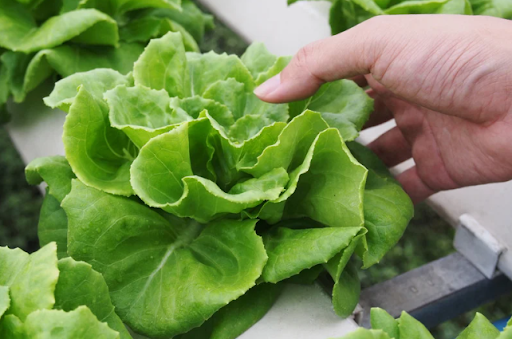
Elevate Your Plate with Fresh, Sustainable Hydroponic Vegetables from Summers Wellness Farm
At Summers Wellness Farm, we are proud to offer fresh, organic hydroponic vegetables that are not only flavorful but also grown with sustainability in mind. Whether you’re seeking crisp, refreshing lettuce, vibrant herbs, or sweet, juicy tomatoes, our hydroponic produce delivers exceptional taste and quality that you can rely on. The controlled environment in which our vegetables are grown ensures that each bite is as fresh and flavorful as the last, making them the perfect addition to any meal. Savor the freshness! Get your hands on organic hydroponic veggies from Summers Wellness Farm today!
